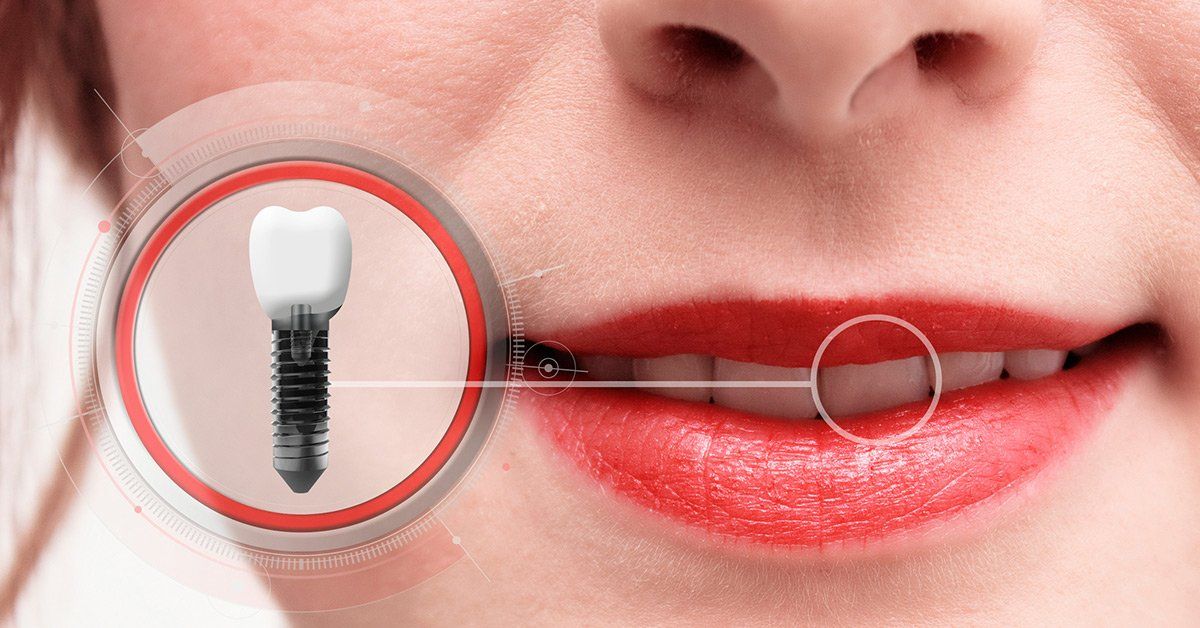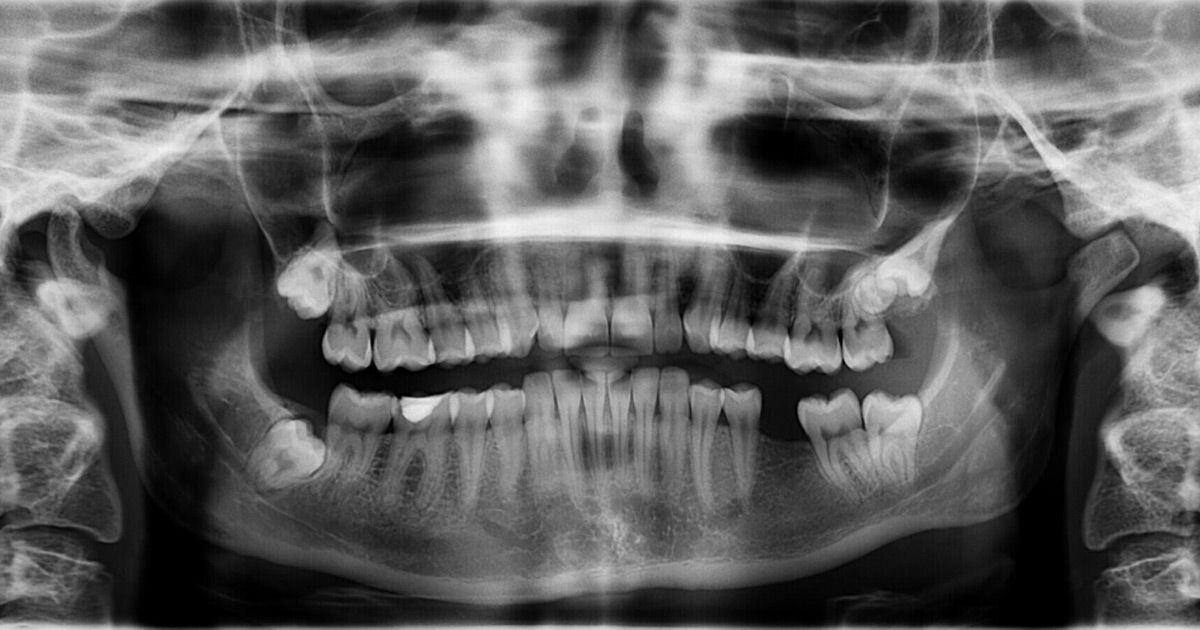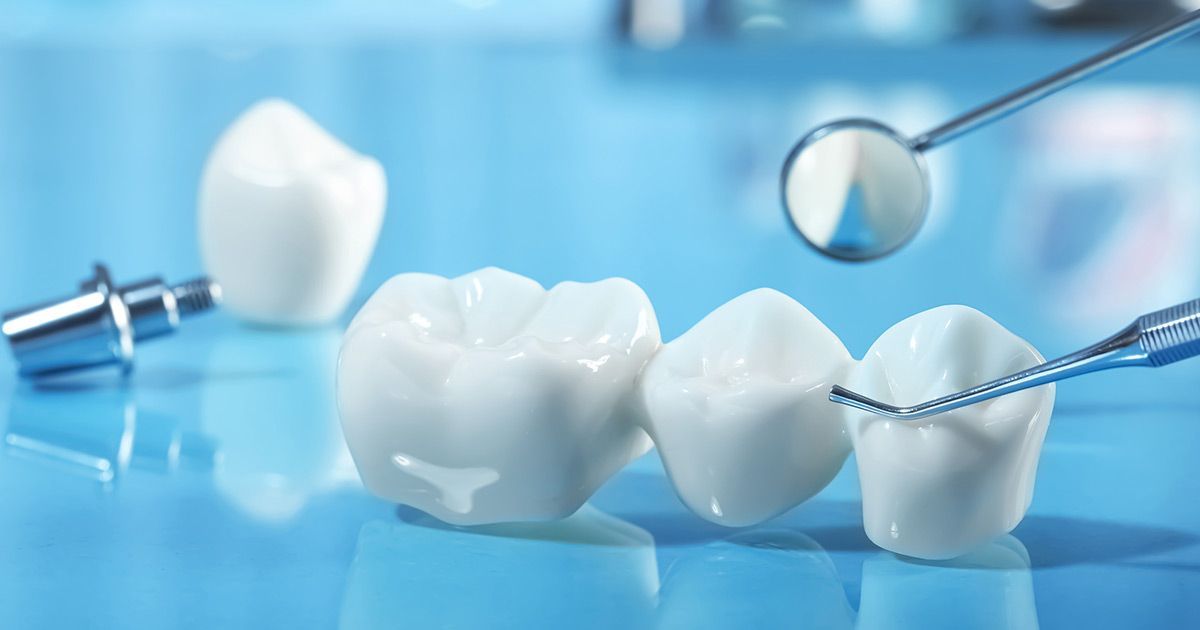Dental implants are a popular solution for missing or broken teeth, but how long does a dental implant last? Get all the details about this procedure here.
Properly cared-for dental implants
can last for 25 years. This makes them one of the most durable and convenient tooth replacement options available.
"How long does a dental implant last?" is only one of the important questions to ask when considering your tooth replacement options, however. Keep reading now to learn what else you should consider when looking at dental implants and their alternatives.
What Are Dental Implants?
Dental implants
are a form of permanent tooth replacement. They look, feel, and function just like real teeth.
Each implant is made up of three parts.
The implant itself is a post made of a corrosion-resistant metal such as titanium. It serves the same function as the root of a natural tooth. The implant is embedded in your jaw and is the base for the other pieces of your prosthetic tooth.
The abutment is a connector. It screws into the implant and holds the crown.
The crown is a ceramic prosthetic tooth. It looks and works just like your other teeth.
Alternatives to Dental Implants
Tooth implants are not the only form of dental prosthetic available, of course. Patients needing to replace lost or damaged teeth have a variety of options to choose from.
Dental Bridges
Dental bridges
are a type of dental implant that relies on the teeth on either side of a missing tooth to hold the prosthetic in place. Dentists create crowns for the teeth on either side of a dental gap. They then secure a false tooth called a pontic between the crowns.
Applying the crowns to your existing natural teeth positions the pontic in the place of your missing tooth, bridging the gap.
Dentures
Dentures are
removable dental appliances
that hold false teeth in one's mouth. Dentures may be partial, containing only a few false teeth, or full. Full dentures contain a full set of upper or lower teeth.
Crowns
Dental crowns are a form of partial implant. They are caps for damaged teeth that look like real teeth which can be applied to the base of a natural tooth. They may be made of porcelain, resin, or metal.
Crowns are generally used when the base of a tooth is intact but the top is lost or too badly damaged to salvage.
Benefits of Dental Implants
When choosing which type of prosthetic is right for you, you will find that there are many benefits to an implant. In addition to the longevity of dental implants, patients can expect:
- Preservation of dental structure
- Durability and comfort
- Improved appearance and confidence
- Minimal maintenance and maximum convenience
Preservation of Dental Structure
As part of the dental implants procedure, a titanium post is screwed into your jawbone. This protects and preserves the bone and your larger facial bone structure. Alternatives such as bridges that do not involve the jaw can lead to loss of bone and a weakening of your facial structure over time.
Implants also distribute the force of actions like chewing evenly over your teeth and jaw. This prevents unsustainable and damaging strain on your remaining natural teeth.
Durability and Comfort
Dental implants are extremely durable. They last for more than 20 years under standard use. They also remain firmly in place with no slippage or wearing on the gums.
Improved Appearance and Confidence
Dentures and other dental appliances can take time to get used to. Eating and speaking with them can be an adjustment. Dental implants are exactly like having your natural teeth back and allow you to eat, speak, and smile with confidence and ease.
Minimal Maintenance and Maximum Convenience
One of the most appealing benefits of an implant is that it requires no special maintenance. Implants can be cared for using the same brushing and flossing habits you already use.
How Long Does a Dental Implant Last?
How long does a dental implant last? Generally, well-maintained implants last for about 25 years. Several factors impact your prosthetics' actual lifespan, however.
These include:
- Your dental hygiene
- How you use your teeth
- The quality of the implant and its installation
- Your overall health
For the longest-lasting implants, brush and floss daily. Use your teeth only for appropriate eating and chewing, and not for things like ripping open envelopes or uncorking bottles.
Have your implants installed by a
dental implants expert, and make an effort to stay in generally good health. Even poor health that is seemingly unrelated to your mouth can negatively affect the longevity of your dental implants.
Why Dental Implants Fail
It is most commonly the abutment and crown that fail first in dental implants. Simple wear and lack of proper oral hygiene can cause these pieces to wear out after as little as 15 years in some cases.
When oral hygiene and wear are not at fault, dental implant failure can usually be attributed to one of a few common factors.
Location
Your front teeth generally experience less pressure than your back teeth, which take more strain during chewing. Back teeth are more likely to fail as a result of this increased demand, particularly if you make a habit of eating or chewing on very hard things.
Lifestyle
Lifestyle behaviors such as excessive drinking or smoking can negatively impact your oral health. This can cause your implants to fail early.
Overall Health
Patients with larger health conditions that can impact their bones, blood flow, and other comprehensive bodily processes are at a higher risk of implant failure. Examples include cancer, diabetes, and auto-immune conditions.
Are Dental Implants Right for You?
Now you know the answer to the important question "How long does a dental implant last?" and you may be thinking that dental implants sound like a great fit for your needs. If that's the case, we've got what you need!
We here at Sewell Dental Designs in Sewell, NJ are proud to offer expert dental implant services.
Contact us
to schedule your dental implants consultation today and find out if dental implants are right for you.















